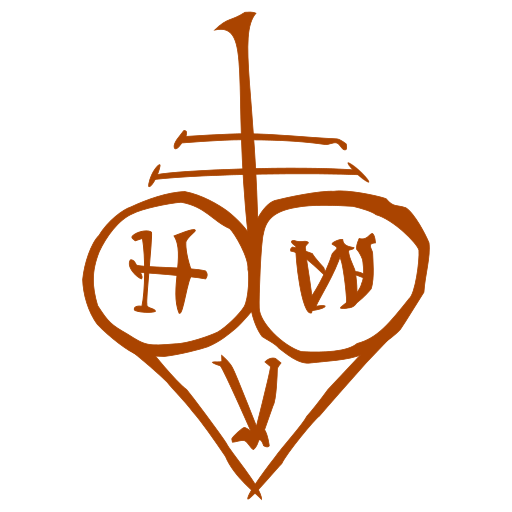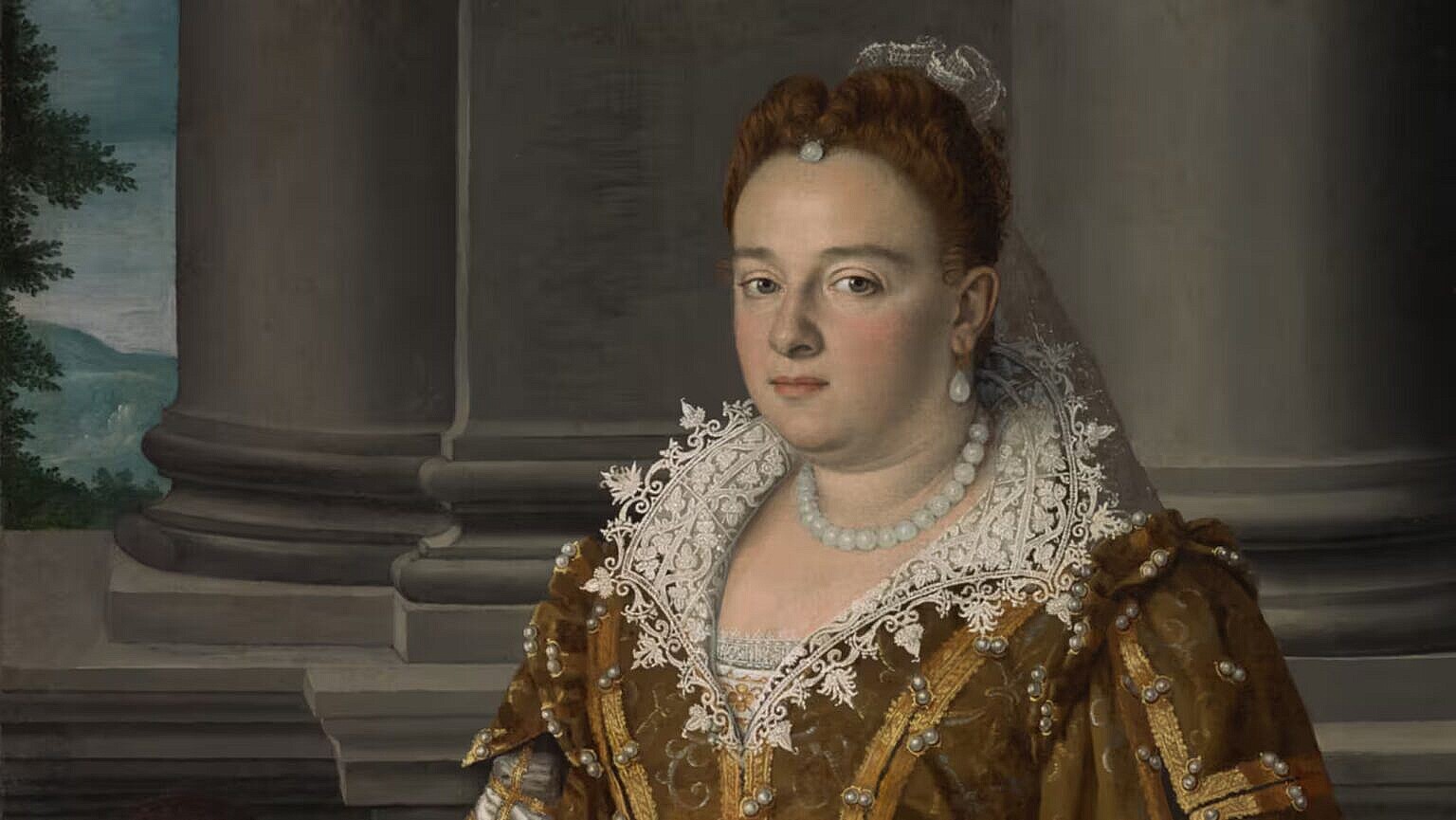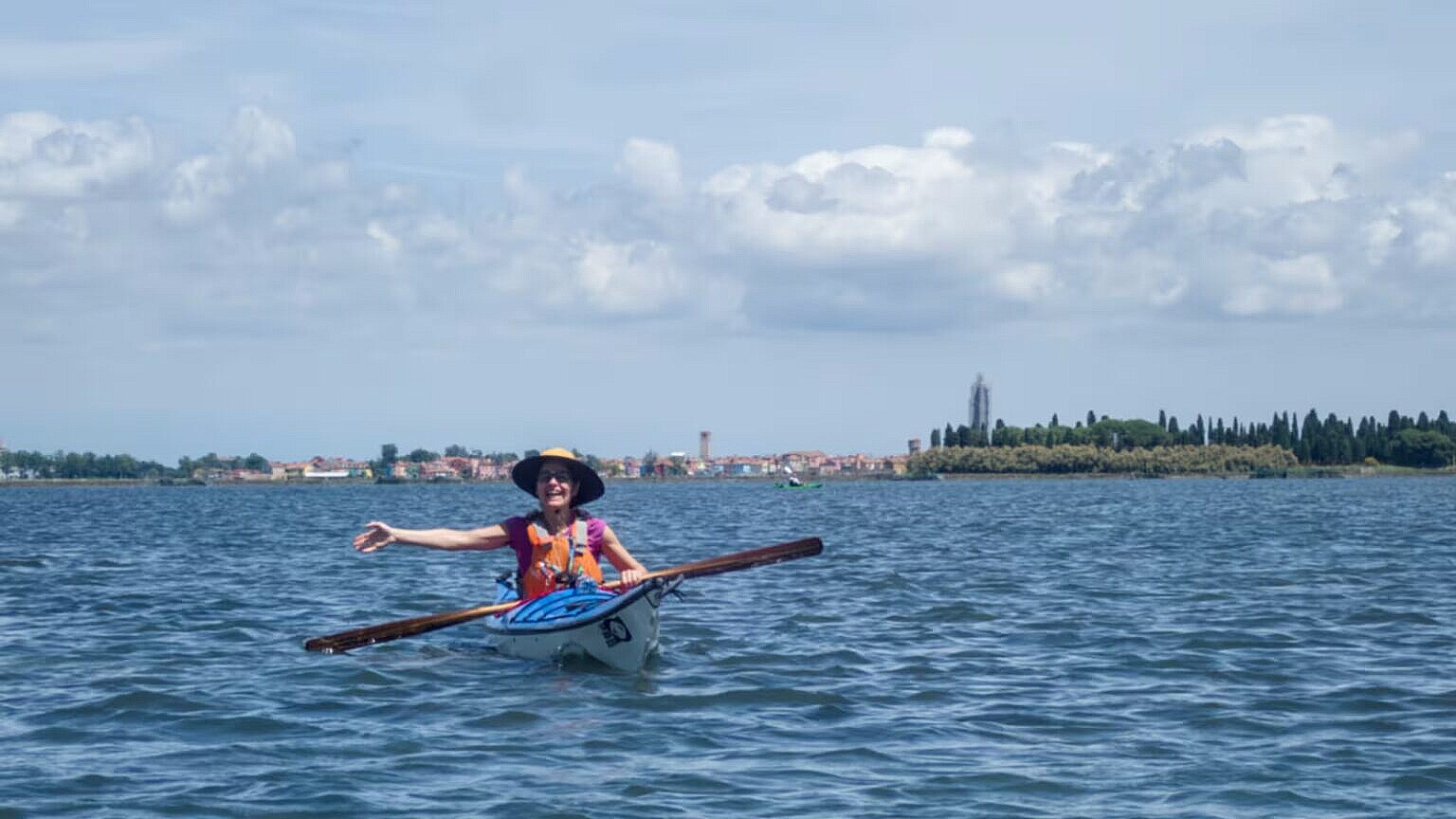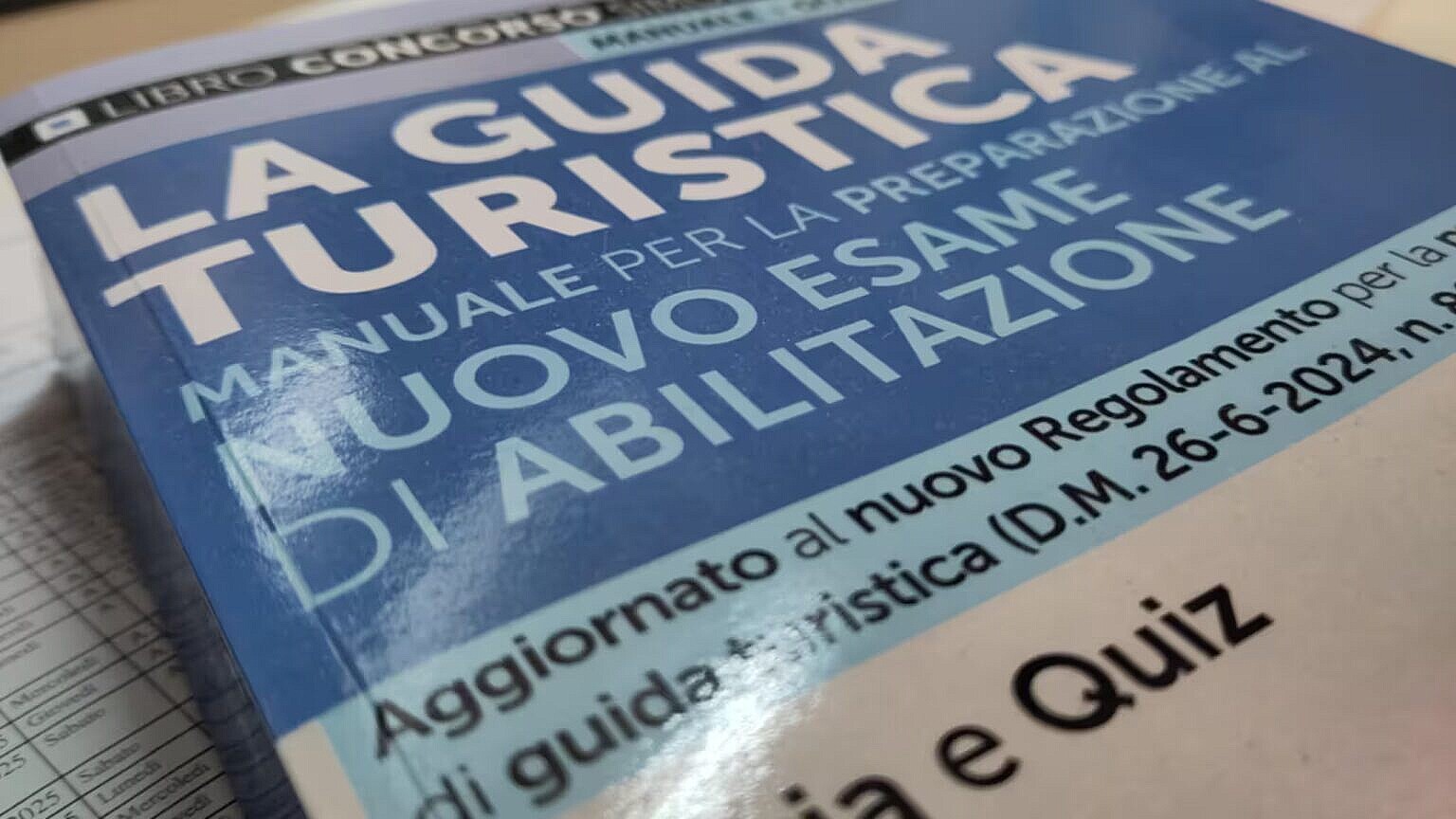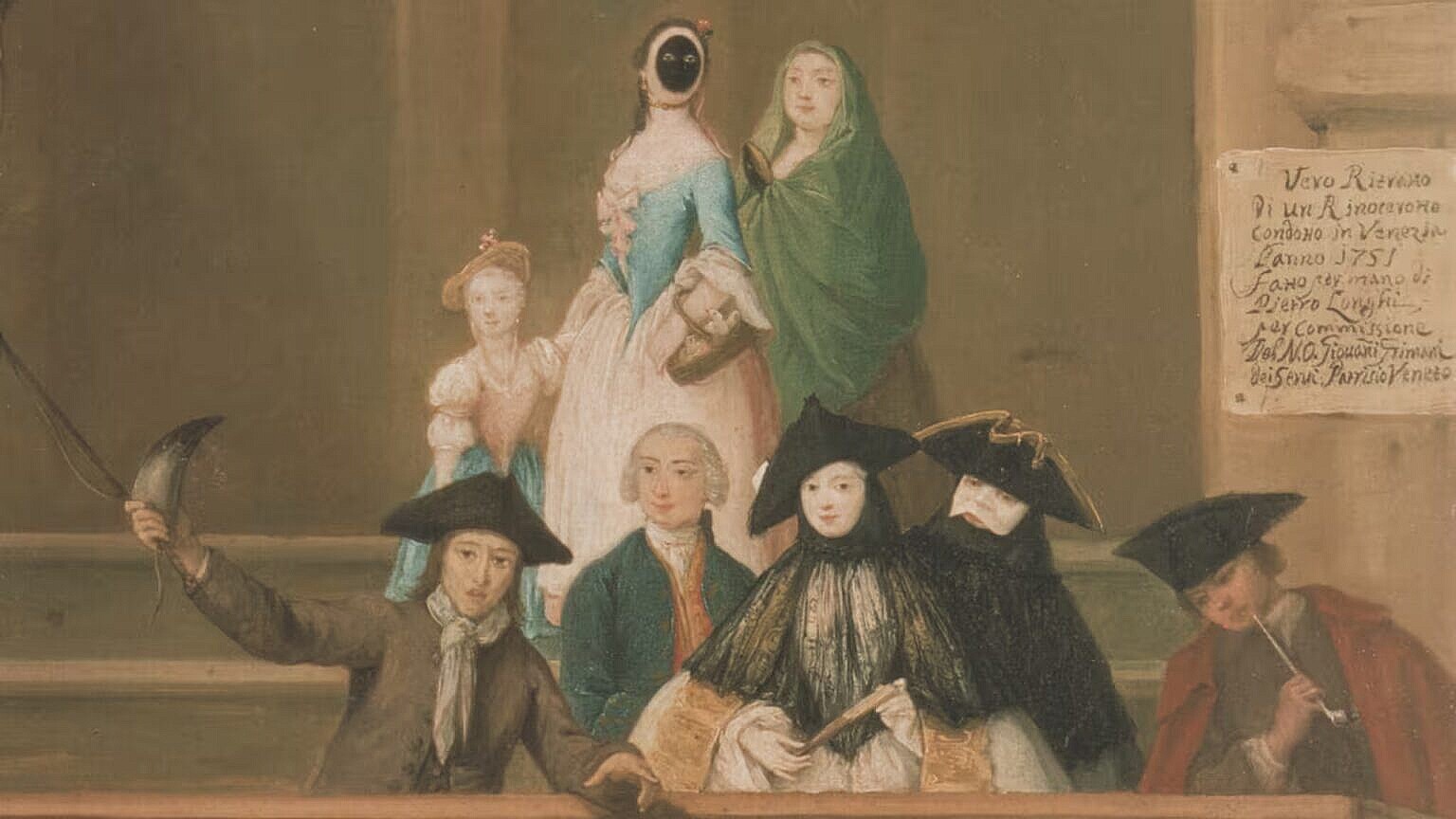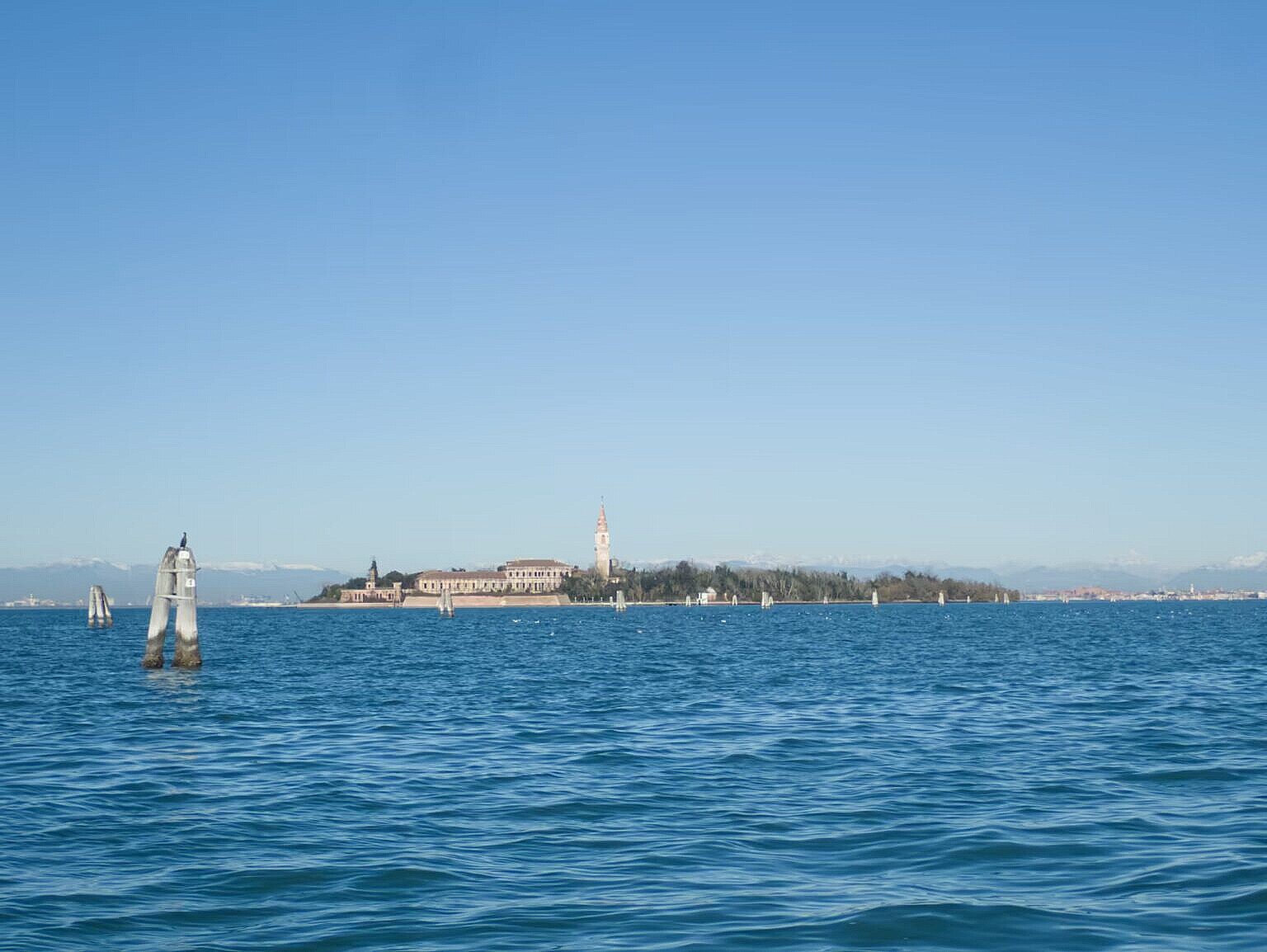The writings on this site are split into several categories, but they’re all listed here together, chronologically, newest first.
The categories are articles, blog posts, lists and translations from various sources.
Almost everything is cross-referenced by names of persons and institutions, by location, and even by bibliography. There is also a glossary of Venetian terms with references.
The podcast and newsletter are on the Venetian Stories website.
-
New: kayaking tours
Kayaking in the Venetian lagoon — a unique way of the experiencing Venice and its natural surroundings.
-
The fall of the Republic
May 12th is the anniversary of the fall of the Republic of Venice in 1797, which in many ways was a quite unique event.
-
An unreasonably short History of Venice
I have written an Unreasonably short History of Venice, which is free to download and share, both as PDF or e-book.
-
Slow site updates
Site updates have been and are rather slow because I’m preparing for an exam.
-
A Venetian Stories podcast
I’ve been told that men of my age are supposed to have a podcast, preferably an obscure one which nobody listens to.
-
Il Gran Contagio di Verona — Francesco Pona — libro secondo (modern)
Libro Secondo (second part) of “Il Gran Contagio di Verona” by Francesco Pona (1631) — modernised text.
-
Il Gran Contagio di Verona — Francesco Pona — libro secondo (original)
Libro Secondo (second part) of “Il Gran Contagio di Verona” by Francesco Pona (1631) — original text.
-
Austrians entered Venice
Austrian soldiers entered Venice on January 18th, 1798.
-
The lagoon in winter
The lagoon is particularly beautiful in the winter, if one dresses for the weather.
